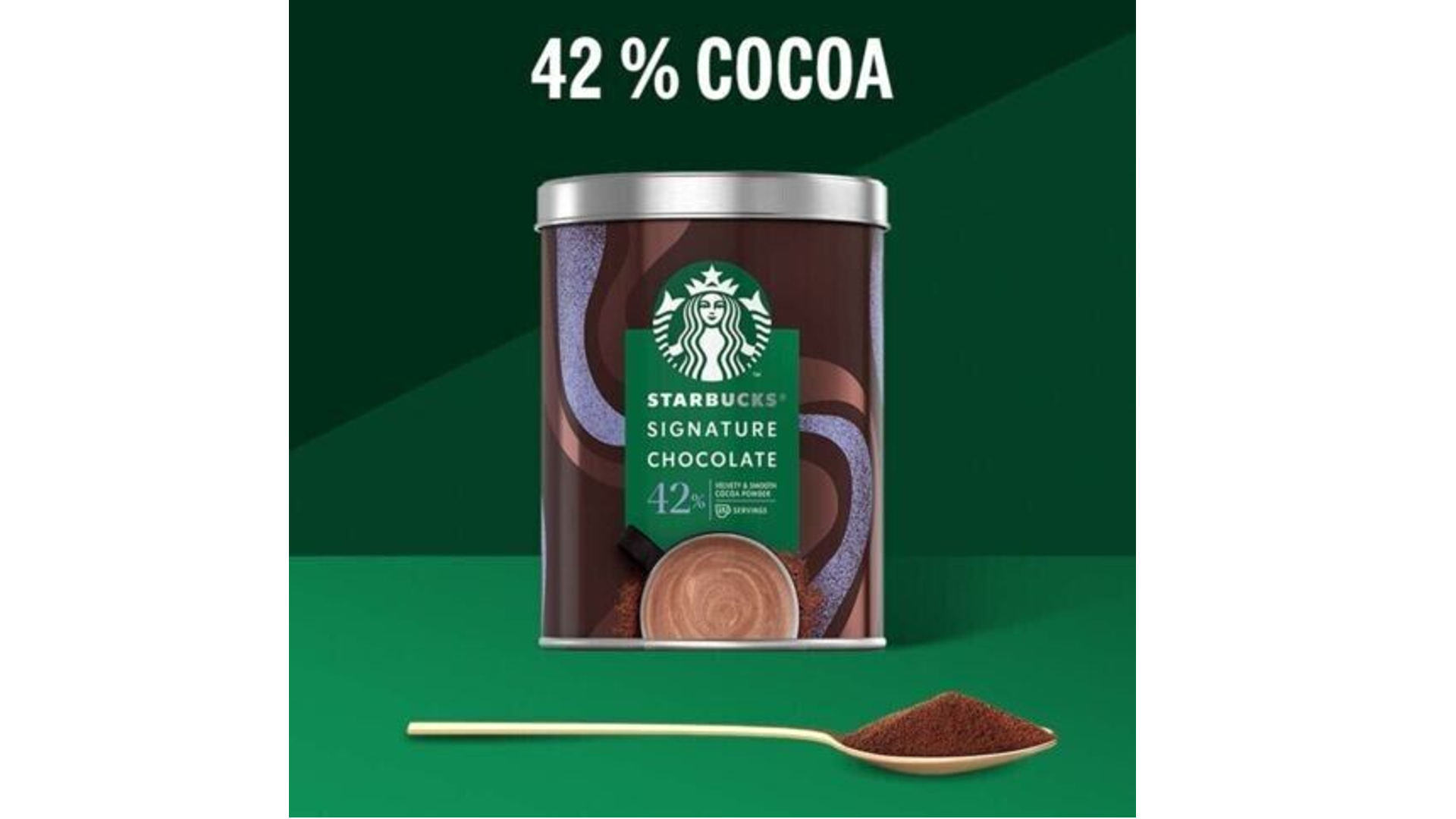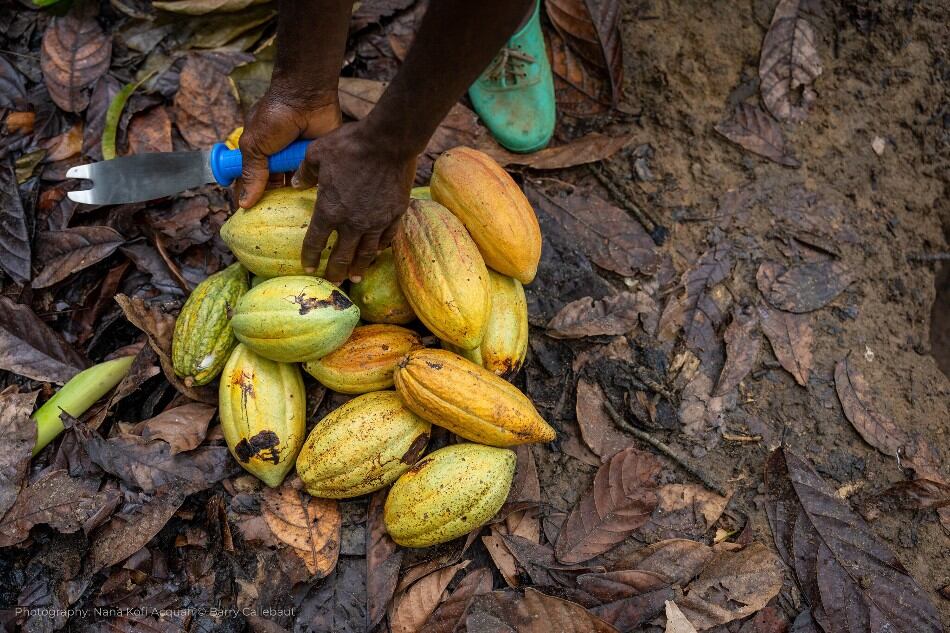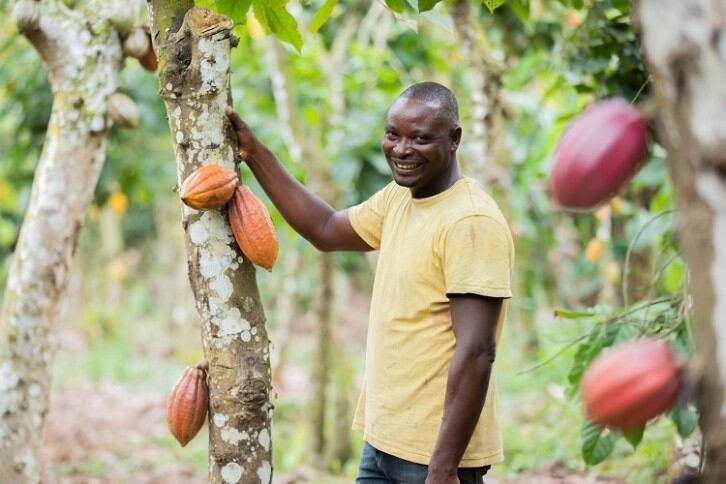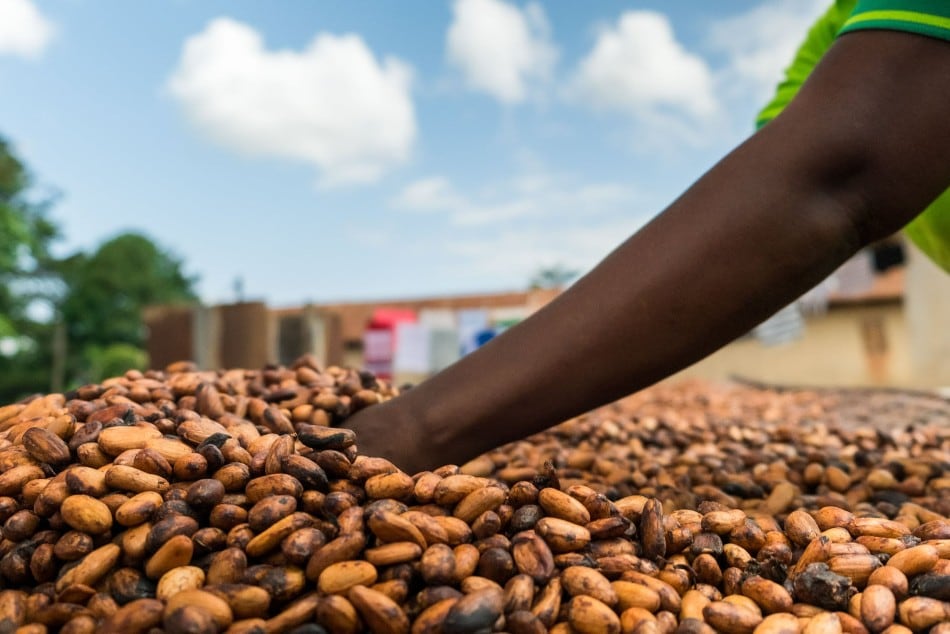Mighty Earth, along with other civil society organisations including Be Slavery Free, Freedom United, Green America, has launched the campaign, including a public petition calling for Starbucks to come clean about where it sources the cocoa for its chocolate products.
In a letter to Starbucks’ CEO, Laxman Narasimhan, the coalition alleges the global coffee chain failed to provide the information to show it is adequately addressing deforestation and child labour risks in its cocoa supply chains, or to ensure a living income for cocoa farmers.
The letter follows the recent release of Starbucks’ 2022 Global Environmental and Social Impact (GESI) report, which failed to provide any detailed information about the company’s cocoa purchasing or due diligence checks. This, according to the campaigners, leaves Starbucks’ consumers in the dark about the ethical credentials of its chocolate drink and snack products.
In January, following pressure from the coalition, Starbucks had made several commitments in relation to its cocoa sourcing policy, including publishing data about its cocoa sourcing in the GESI report, and a plan to give farmers a living income for growing its cocoa beans. The coalition said it is now pressuring the coffee giant to live up to those promises.
A Starbucks' spokesperson told ConfectioneryNews: "At Starbucks, we believe our success is linked to the success of farmers and suppliers, and giving more to the planet than we take, so we source cocoa responsibly.
"Our approach to sourcing cocoa responsibly is built on a foundation of traceability and responsible purchasing practices.
"The company applied this approach in directly purchasing 12 million kilograms of Rainforest Alliance certified, segregated cocoa beans from Côte d’Ivoire in our most recent financial year. We also paid a sustainability premium per metric ton of cocoa, and announced this year our membership of the Cocoa and Forests Initiative to help end cocoa-related deforestation."
Dr Julian Oram, Senior Director at Mighty Earth, said: “We’ve been engaging with Starbucks for over a year but we’re still in the dark as to how the world’s largest coffee chain sources cocoa for its chocolate products, including sprinkles for cappuccinos. Considering it sells millions of cups of coffee a day, that’s a lot of chocolate. Starbucks’ customers deserve to have full confidence that the chocolate beverages and snacks they are buying from the company’s stores are not laced with deforestation and child labour.”
The cocoa industry is plagued by numerous social and environmental issues, including child labour, rampant deforestation, overuse of pesticides, and farmer poverty. In its GESI 2022 report, Starbucks says its approach to sourcing cocoa responsibly is “built on a foundation of traceability, responsible purchasing practices and a commitment to supporting resilient livelihoods for cocoa producers and their families”, including reducing and working towards eliminating the risks of child labour and cocoa-driven deforestation.
The coalition alleges the company provides few details and “appears to have very little understanding of where its cocoa comes from, or the conditions under which it was grown.”
Starbucks so far has declined to comment on the allegations when asked for a response by ConfectioneryNews.
Starbucks said it sources cocoa from Cote d’Ivoire, where many of the major cocoa and chocolate companies also buy their beans. Environmental groups claim the West African country has lost more than 90% of its forest cover, largely due to cocoa-farming. The average cocoa farmer earns less than US$1.20 a day leaving them well below the extreme poverty line of US$2.15 per person per day.
The coalition also made the point that Starbucks’ gross profit for the 12 months ending March 31, 2023, was $23.061 billion, a 6.57% increase year-over-year.
Living income
Despite repeated requests by Be Slavery Free, Freedom United, Green America, and Mighty Earth, Starbucks has failed to provide this vital information, or publish a living income strategy for farmers, the coalition claims. While it has produced an action plan for improving its cocoa sustainability as part of its commitments under the Cocoa and Forests Initiative, it has yet to provide any information about its progress towards these commitments.
“This renders Starbucks’ claims about sourcing sustainable cocoa meaningless,” the coalition said, and has urged the company to take more transparent and meaningful steps to address the issues in the letter.
Todd Larsen, Executive Co-Director at Green America, said: “Starbucks claims that it is ‘Putting People First.’ The company is clearly not living up to that ambition in the way it treats its domestic workers or the laborers who supply it with cocoa. To protect cocoa communities Starbucks needs to pay cocoa farmers a living income, protect children from child labor, and end deforestation.”
The coalition acknowledges that Starbucks did participate in the 2023 Chocolate Scorecard after refusing to take part the previous year, but the campaigners say this is just the first step: the company needs to go further, faster. Other major cocoa buyers are using traceability tools to identify and publish lists of their suppliers.




